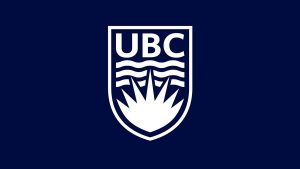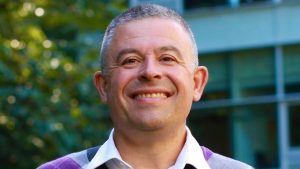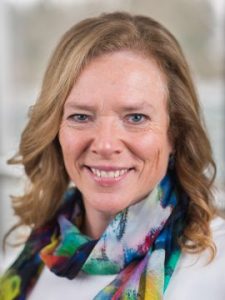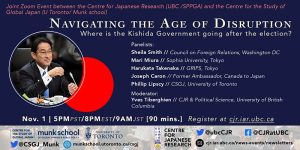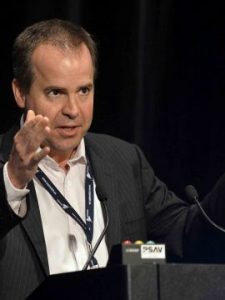PSGSA accepting proposals for 2022 Annual Conference
The Political Science Graduate Student Association of The University of British Columbia is now accepting proposals for their Annual Conference to be held from May 5-6, 2022.
UBC Political Science seeking Summer 2022 Sessional Instructors
The Department of Political Science is accepting applications forSummer Session 2022 teaching.
Watch: Graduate Program Online Info Session 2021
Are you thinking of a graduate degree in Political Science? Watch this recording of our online information session from Oct 2021 to learn how you can apply to a Graduate Program at UBC Political Science.
Prof. Paul Quirk commented on Biden’s role in the 2024 presidential election
Biden’s age has always been a cause for concern. UBC political science professor Dr. Paul Quirk says if Biden’s “senior moments” don’t become noticeably more frequent or more alarming over the next two years, he will probably run for a second term. “If the economy is in a strong recovery and the pandemic is behind us, he should have excellent prospects in the election, and there won’t be a strong argument that any alternative nominee would be more electable,” he added.
Professor Yves Tiberghien commented on Chinese leader Xi Jinping’s lack of presence at COP26
The Chinese leader has empowered chief climate envoy, Xie Zhenhua, to act in China’s interest at the summit. That is why Professor Yves Tiberghien doesn’t see Xi’s lack of presence at COP26 making a big difference there. “So in the end, what matters is to have the top negotiators of each major country present and for those negotiators to have complete mandate of their leaders,” said Professor Yves Tiberghien
Prof. Kathryn Harrison explains how we need international collaboration on both fossil fuel consumption and production
Each country is held responsible for greenhouse gas emissions according to the Paris Agreement. “Because 75 per cent of emissions result from burning fossil fuels, an obvious solution is to adopt policies like carbon taxes and zero-emission vehicle mandates that constrain fossil fuel consumption,” said Dr. Kathryn Harrison
Watch: Navigating the Age of Disruption: Where is Japan Going After the Election?
In this event hosted by the SPPGA and moderated by UBC Political Science Professor Yves Tiberghien, panelists discuss the result of the Oct 31, 2021 election of the House of Commons in Japan.
Prof. Kathryn Harrison spoke about thermal coal exports in Canada via CBC News
Metallurgical (or coking) coal is used in steel production. However, there are not many cleaner and affordable alternatives available for steel production. “That’s why most national and global modelling exercises looking at climate action [and] carbon constraints find that thermal coal is the first to go: It’s emissions intensive and there are cheaper alternatives,” said Dr. Kathryn Harrison.
Prof. Kathryn Harrison talks to CBC on how to identify substance in climate change policy discussions
“Net zero is an increasingly prevalent concept that can hide all manner of sins,” Prof. Kathryn Harrison said. “Some countries are committing to net zero in the distant future but not backing it up with more near-term reduction commitments, which are needed for that to be credible.”
Prof. Michael Byers: We must ban anti-satellite weapons testing to stop space from becoming a minefield
Debris in low Earth orbit is like fast-moving shrapnel that endangers the systems we use for communication, navigation and research. Let’s not allow international militaries to make such a mess, writes Prof. Michael Byers and Aaron Boley in Globe and Mail.

